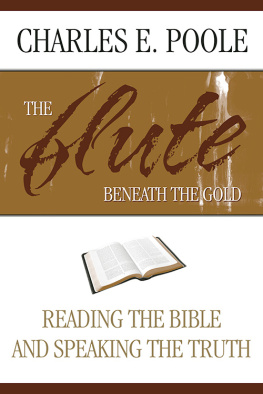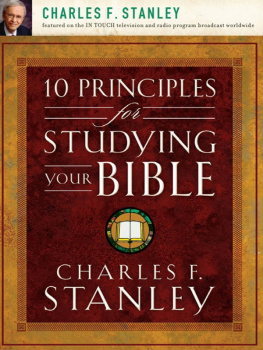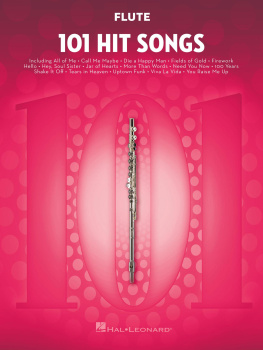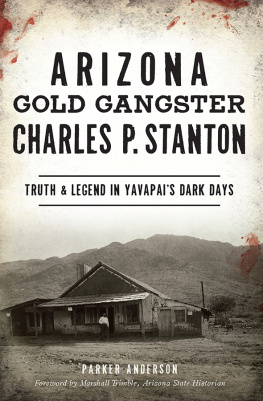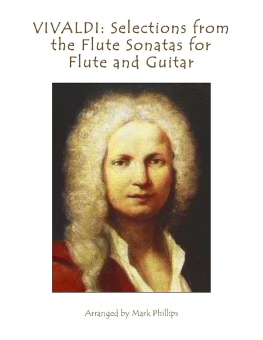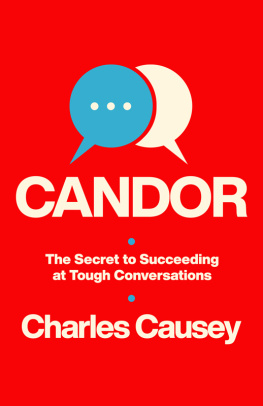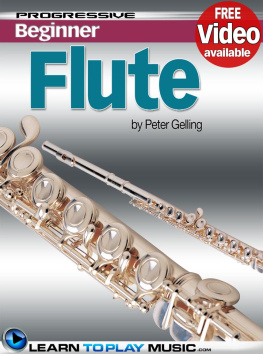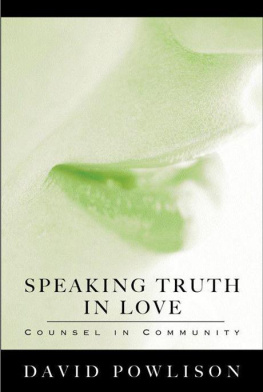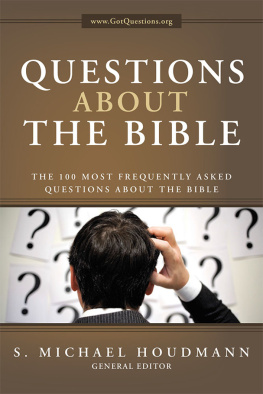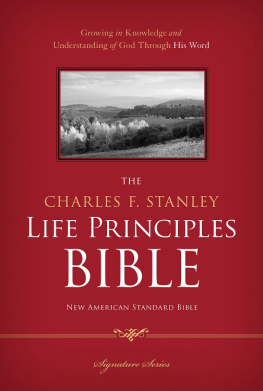Charles E. Poole - The Flute Beneath the Gold: Reading the Bible and Speaking the Truth
Here you can read online Charles E. Poole - The Flute Beneath the Gold: Reading the Bible and Speaking the Truth full text of the book (entire story) in english for free. Download pdf and epub, get meaning, cover and reviews about this ebook. publisher: Smyth & Helwys Publishing, genre: Religion. Description of the work, (preface) as well as reviews are available. Best literature library LitArk.com created for fans of good reading and offers a wide selection of genres:
Romance novel
Science fiction
Adventure
Detective
Science
History
Home and family
Prose
Art
Politics
Computer
Non-fiction
Religion
Business
Children
Humor
Choose a favorite category and find really read worthwhile books. Enjoy immersion in the world of imagination, feel the emotions of the characters or learn something new for yourself, make an fascinating discovery.
- Book:The Flute Beneath the Gold: Reading the Bible and Speaking the Truth
- Author:
- Publisher:Smyth & Helwys Publishing
- Genre:
- Rating:4 / 5
- Favourites:Add to favourites
- Your mark:
- 80
- 1
- 2
- 3
- 4
- 5
The Flute Beneath the Gold: Reading the Bible and Speaking the Truth: summary, description and annotation
We offer to read an annotation, description, summary or preface (depends on what the author of the book "The Flute Beneath the Gold: Reading the Bible and Speaking the Truth" wrote himself). If you haven't found the necessary information about the book — write in the comments, we will try to find it.
The Flute Beneath the Gold: Reading the Bible and Speaking the Truth — read online for free the complete book (whole text) full work
Below is the text of the book, divided by pages. System saving the place of the last page read, allows you to conveniently read the book "The Flute Beneath the Gold: Reading the Bible and Speaking the Truth" online for free, without having to search again every time where you left off. Put a bookmark, and you can go to the page where you finished reading at any time.
Font size:
Interval:
Bookmark:

Contents
The Flute Beneath the Gold
: Central Standard Time
: How Do You Pick and Choose?
: A (Complex) Simple Thread to Follow
: Whatever We Ask?
: How Much Faith Is Enough?
: When the Questions Are Deeper Than the Sea
: On Simply Falling Silent
: Josephs Choice
: Something Short of a Tragedy
: On Staying Ready
: W. W. j. D.
: Why the King Came
: The Truth at the Bottom of Easter
: When Grace Gets Out of Line
: Where God Draws the Line
: What Should We Make of the Open Gate?
: On Not Minding Gods Business
: What Grace Is Not
: Late Limbs and Crumb-Catchers
: From Luke Two to Two Thousand
: The Gospel of God
Preface
When I was a boy, my most high-tech possession (next to my electric guitar with the reverb lever) was a plastic transistor radio that used those rectangular, nine-volt Black Cat batteries. I was listening to it in awe on that autumn day when Sandy Koufax refused to pitch in a World Series game because it fell on Yom Kippur. I was listening to it in wonder the Friday night my hometown hero Riley Bennett scored five touchdowns in one game for old Lanier High School in Macon, Georgia. And I always listened to it in reverence when the Back to the Bible broadcast came on, with its invitation for all of us out in Radioland to climb aboard The Bible Bus.
Parts of this book have left me feeling like a token-taker on the Bible bus, recruiting riders for a journey back to the Bible. That, of course, is not a non-stop route. You cant go straight from Atlanta to Antioch or Nashville to Nazareth. There is no non-stop ticket from Dallas to Damascus or Jackson to Jerusalem, not even on the Bible bus. What has happened in the past twenty centuries of evolving Christianity cannot be ignored, nor should it be. The creeds, the doctrines, the organized, institutionalized, denominationalized churchthey are all important structures for the practice of our faith. There can never be any non-stop back to the Bible journey that bypasses the traditions that have emerged to guide our lives, nor should there be. (Indeed, the Bible itself is the product of a process of canonization that spanned the churchs earliest centuries.) But, having said that, I do believe that people who are serious about God and the gospel need to read the whole Bible and speak the truth about what we find there, even if that truth doesnt always exactly echo the doctrines and dogma that have emerged over the centuries.
This books central idea might best be captured in a simple question for which there is no easy answer: If we read the whole Bible and speak the truth about what we find there, how does that match up with the conventional wisdom of standard, official Christianity as it has evolved across the centuries? Other pastoral questions are raised in these pages (having to do with such matters as prayer, the brevity of life, and the mystery of suffering) but that question is the recurring theme. An honest struggle to answer that question would suggest that sometimes, reading the Bible and speaking the truth will make one seem conservative about orthodox Christianity. Sometimes, it will make one seem liberal. In either case, neither matters. What matters only and always is that we trust Gods grace, seek Gods will, speak Gods truth, embody Gods spirit, share Gods love, and live the life to which God has called us.
The words that are traveling in this book are collected as essays. I use the word essay here in the earliest sense of the word, back when essay was less a noun and more a verb, a verb that meant to try or to make an effort. Here are words that are tries at the truth, good faith efforts at speaking the truth about a few of the many corners where Scripture intersects life. Thus they are, in the oldest sense of the word, essays; efforts, attempts, tries at the truth.
Most of the words that reside inside the walls of this book had earlier attempts as sermons in a pulpit or lectures on a campus. Invitations to speak at the Baptist Theological Seminary at Richmond, the Baptist House of Studies at Duke Divinity School, and the Furman University Pastors School all prodded me to ponder much of what has fermented into this book. For those kind invitations I thank Charles Bugg at Richmond, Furman Hewitt at Duke, and Jim Pitts at Furman. I also wish to thank Smyth and Helwys Publishing Company for bringing these words to the light of day. I express my gratitude to Shirley Sanders Reid for her patient typing of my handwritten words through their many revisions.
Always I am thankful for Northminster Baptist Church, a remarkable family of faith in which to think and worship and pray and sing and grow. Most of all I am thankful for Marcia, Joshua, and Maria. Whatever clarity these words have acquired is largely due to the lively conversations we have had around the house across the years.
This gathering of devotional essays is dedicated to Mercer University, with gratitude for a lifetime of learning.
Charles E. Poole
Jackson, Mississippi
The Season of Pentecost, 2001
INTRODUCTION
The Flute Beneath the Gold
I believe that God is far less squeamish than are Gods theological bodyguards. That memorable old line from the wonderful Quaker Douglas Steere came wandering up next to me one day as I walked and prayed and gazed up into a hazy July sky. Walking and praying, I found myself asking God something like this: What really is the truth, God? I know what your most well-intentioned doctrinal bodyguards say we should believe. I know what organized religion says we must believe. But what, God, is the truth; the unvarnished, unadorned truth, the truth about heaven and hell, about how conversion occurs, about what the church was originally intended to be, about Judaism and Christianity and other faiths and whos in the kingdom and whos not? Walking and praying, I found myself asking those unaskable questions, wondering about that part of the truth we cannot ever fully know; the truth beneath, beyond, and behind all the protective layers within which organized religion wraps the gospel of God.
Some would dismiss such inquiries into the truth as just so much silliness because, after all, anyone who wishes to know the truth can find the truth easily enough by reading the Bible. Those who would say such a thing have a point, of course. We do find the truth that matters most in the Bible; but the Bible, as inspired and inspiring as it is, does not speak with one voice but many, which means that much of the Bibles truth most often comes to us wrapped in a layer of interpretation that chooses one Bible verse over another. For example, in one place, the Bible says that Jesus has abolished the law (Eph 2:15) but in another place, the same Bible quotes Jesus as saying, Do not think that I have come to abolish the law (Matt 5:17). In one place, the Bible suggests a small remnant will make it into life everlasting: The gate is narrow and the road is hard that leads to life, and there are few who find it (Matt 7:14), while in another place, the same Bible portrays vast throngs who make it in: After this I looked, and there was a great multitude no one could count, from every nation, from all tribes and people and languages, standing before the throne and before the lamb, robed in white. These are they who have come out of the great ordeal; they have washed their robes and made them white in the blood of the Lamb (Rev 7:9, 14). None of this is to suggest that the Bible is a chaotic collection of contradictions. To the contrary, the Bible is inspired, inspiring, powerful, and wonderful. But if one reads the Bible and speaks the truth, one has to confess that the Bible does speak with many voices, a fact that requires interpretation, and that leaves us always with someones interpretative conclusions standing between us and the unvarnished truth we seek to know.
Next pageFont size:
Interval:
Bookmark:
Similar books «The Flute Beneath the Gold: Reading the Bible and Speaking the Truth»
Look at similar books to The Flute Beneath the Gold: Reading the Bible and Speaking the Truth. We have selected literature similar in name and meaning in the hope of providing readers with more options to find new, interesting, not yet read works.
Discussion, reviews of the book The Flute Beneath the Gold: Reading the Bible and Speaking the Truth and just readers' own opinions. Leave your comments, write what you think about the work, its meaning or the main characters. Specify what exactly you liked and what you didn't like, and why you think so.

